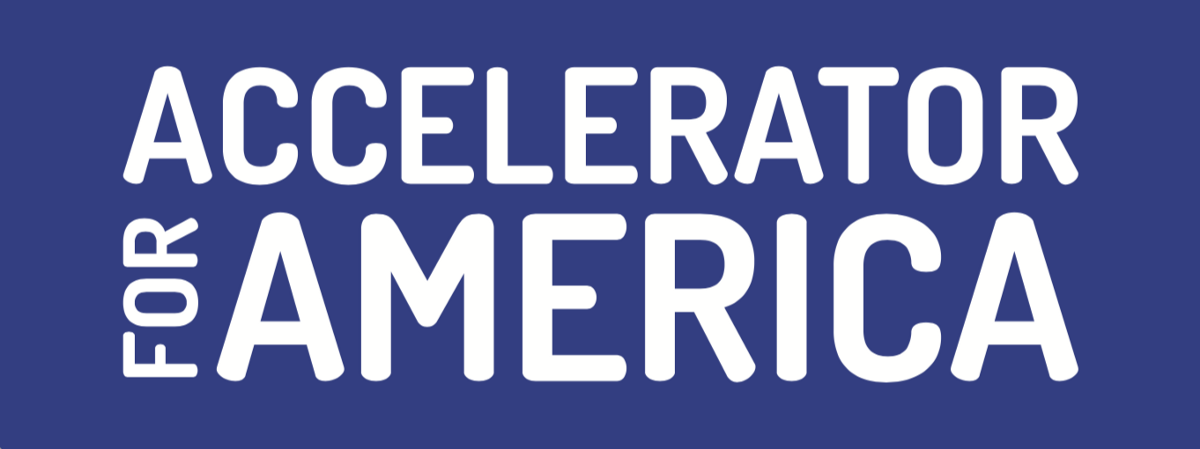For a generation, Hillsborough County has struggled to provide meaningful transportation solutions to the people who live and work here. In that time, downtown Tampa has undergone an extraordinary revitalization, surrounding neighborhoods have flourished, and our suburbs have seen tremendous growth.
Read MoreAs we continue to celebrate and recognize the accomplishments of African Americans across society during Black History Month 2019, I am reminded of one my favorite quotes from Frederick Douglass: “Power concedes nothing without a demand. It never did, and it never will” (1857).
Read MorePolitics and government often get a bad rap for being an old boys club where deals are made in smoke-filled rooms. While this perception isn’t quite accurate, when it comes to the diversity of people who are in these rooms, government lags far behind. In order to change that, we must empower and promote leaders that represent the full spectrum of experience of the American people.
Read MoreDespite the dysfunction in Washington, D.C., state and local efforts are finally gaining traction. Measure M in Los Angeles is a prominent example—and with leaders like Mayor Garcetti and others who are part of the Accelerator for America movement, states and cities can make a difference sooner rather than later.
Read MoreLast year, my office launched a statewide higher education program to help workers in economically vulnerable industries complete their college degrees. Here’s why…
Read MoreFormer Iowa Governor Terry Branstad called Waterloo Iowa’s “Comeback City.” We have recent awards to prove it. Waterloo is the Iowa Small Business Association’s 2018 “small business community of the year.” According to Zippia, Waterloo is the 9th best mini metro city for employability and job markets in the US. It’s the most diverse city per capita in Iowa – a strength fueling our “comeback.”
Read MoreThere is a lot not to like in the new tax legislation coming down from Washington. But as with any tax bill, there are opportunities to be found. The trouble is, local governments have not been as adept as Fortune 500 companies in combing through complex legislation to identify benefits. That’s why a major focus of Accelerator for America is helping cities take advantage of the Opportunity Zone program found in the new tax bill, and we are doing so in that help individual cities and create templates and networks to help cities all across America.
Read MoreThere is a transformation under way in Erie that I have not seen in my lifetime. This transformation includes an incredible optimism and a collaboration between all segments (public, private and non-profit), including the appearance of many high tech entrepreneurs in the downtown.
Read MoreBy spurring private development that will buoy the city’s finances and neighborhoods, and tailoring an approach that works for its communities, the city of Baltimore is harnessing the power of the private sector to meet the challenges of infrastructure project financing, historic disinvestment in communities, and economic development.
Read MoreThe enactment of the Investing in Opportunity Act and the designation of Opportunity Zones across the United States compels cities and investors to rethink the interplay between sub-city geographies and private capital.
Read MoreThe focus of our nation’s Mayors is on the needs and opportunities facing our own cities, neighborhoods and citizens. We also recognize that lifting up our fellow Americans wherever they live is an American challenge and one we’ll only meet by coming together for the common good, and by talking to each other, listening to each other and investing in each other.
Read MoreFor decades, life in my hometown of South Bend, Indiana was shaped by the hollowing out of the city's industrial base. Studebaker's manufacturing jobs had put us on the map, but when the company collapsed in 1963, it threw the city into economic shock overnight. Over the next 50 years, our region was hammered by global economic and technological change as well as the 2008 recession. By 2011, Newsweek had declared South Bend one of 10 of "America's dying cities." But today, we’re coming back strong.
Read MoreAs the federal government works towards what we hope is a speedy release of regulations that could unleash a flood of capital investment, cities like mine are preparing. But we are not making those preparations alone.
Read MoreTo understand how the new opportunity tax incentive might benefit inclusive growth, through the non-profit Accelerator for America, we are developing an urban Investment Prospectus for three cities: South Bend, Indiana; Oklahoma City, Oklahoma; and Louisville, Kentucky. The prospectus will look at growth and development issues from macro (city and region) and micro (neighborhoods and districts) perspectives and tie them together through projects and initiatives.
Read MoreAcross the country, communities are gearing up to attract market investment under the new Investment in Opportunity Act. The law allows people or corporations to defer taxes on capital gains if they keep those gains in qualified Opportunity Funds that target their investments to state-designated Opportunity Zones. The deferred basis is reduced if the investments are for five or seven years; the longer the investment, the better the incentive. If investors stay in a Fund for 10 years, any additional gains from Fund investments are fully exempt from taxes on the capital appreciation.
Read MoreWith support from Accelerator for America we are working intensively in three cities to develop an urban Investment Prospectus. The Prospectus will define opportunities for channeling private and civic capital into job-creating and skill-building enterprises. The core value that animates the Prospectus is inclusive growth: increased jobs and better access to those jobs for those that have limited employment experience or opportunity.
Read More
















